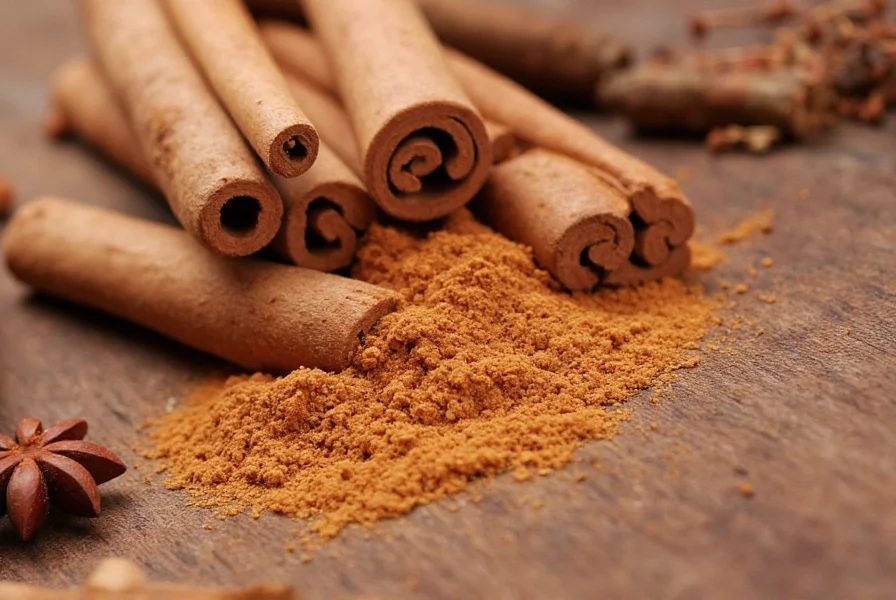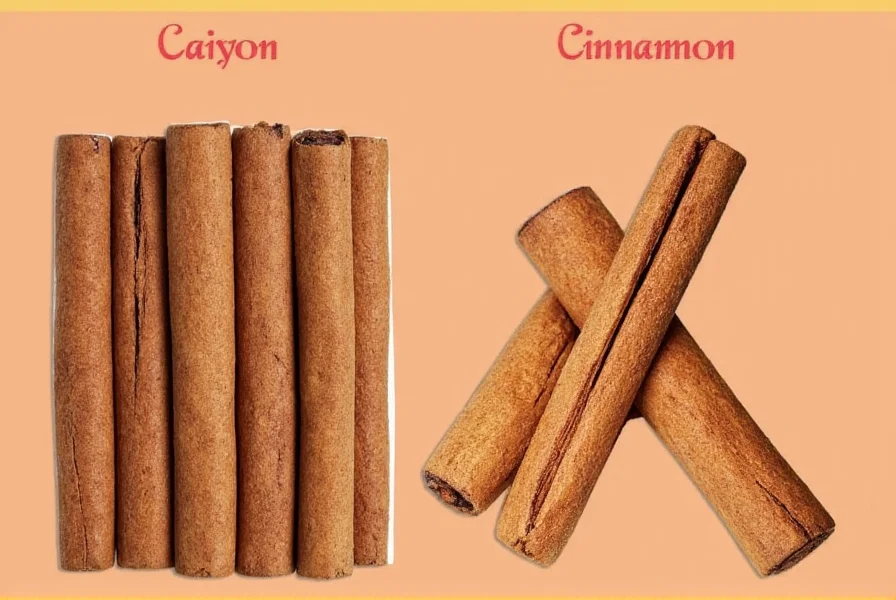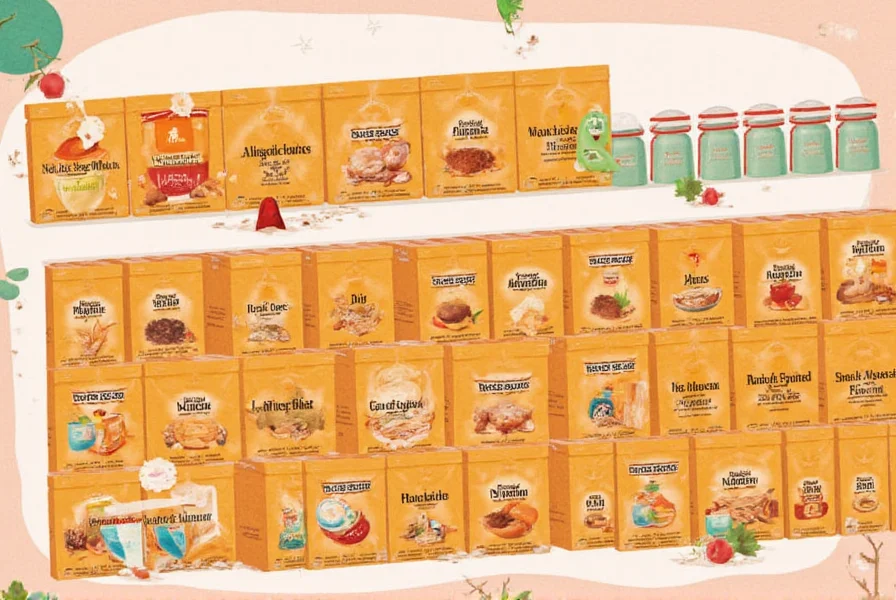Table of Contents
Current Cinnamon Recall Status
As of September 2025, there are no active cinnamon recalls in the United States. However, recalls can occur at any time due to contamination, mislabeling, or safety concerns. It is critical to verify the latest information through official government sources before using cinnamon products.

How to Check for Cinnamon Recalls
Always consult official databases for accurate recall information. Follow these steps:
- Visit the FDA Food Recalls Page: Go to FDA Recalls and search "cinnamon" to see current and past recalls.
- Check USDA Food Safety Alerts: While cinnamon is primarily FDA-regulated, visit USDA Recalls for comprehensive safety updates.
- Sign up for Email Alerts: Subscribe to FDA's email notifications for real-time recall updates on specific products.
Never rely on third-party websites for recall information. Official government sources provide verified, up-to-date data.
Practical Tips for Safe Spice Usage
- Verify Batch Numbers: Check packaging for batch/lot numbers and cross-reference with FDA recall lists before use.
- Store Properly: Keep cinnamon in airtight containers away from moisture and heat to prevent mold growth.
- Buy from Trusted Retailers: Purchase from established grocery stores or brands with transparent sourcing practices.
- Understand Ceylon vs. Cassia: Ceylon cinnamon (labeled "Ceylon") has lower coumarin levels and is safer for regular consumption. Cassia cinnamon may be labeled "Chinese cinnamon" or "common cinnamon".

Buying Guide: Verify Product Safety
| Verification Step | How to Check |
|---|---|
| Batch Number | Find the batch number on packaging and search FDA's recall database using this identifier. |
| Expiration Date | Ensure the product is within its shelf life; expired items may be recalled or compromised. |
| Source Label | Confirm "Ceylon" or "Cassia" labeling. Ceylon is typically labeled "Ceylon cinnamon" or "true cinnamon". |
| Recall Check | Before purchasing, search FDA.gov for "cinnamon" and review all active recall notices. |
Always verify product safety through official channels. If a recall matches your product, discard it immediately and contact the retailer for a refund.

Frequently Asked Questions (FAQ)
Is there a current cinnamon recall?
As of September 2025, there are no active cinnamon recalls in the United States. However, recall statuses change frequently. Always verify the latest information through official government sources before use.
How can I check if my cinnamon brand has been recalled?
Visit the FDA Food Recalls page at FDA Recalls, search for "cinnamon", and review the results. You can also enter specific brand names or batch numbers in the search tool for precise results.
Is Cassia cinnamon more likely to be recalled than Ceylon cinnamon?
Both types can be subject to recalls for contamination or mislabeling. Cassia cinnamon has higher natural coumarin levels, but recalls typically occur due to external factors like mold or pesticide residues, not the cinnamon type itself. Always check official recall notices for specific reasons.
What should I do if I have a recalled cinnamon product?
Stop using the product immediately. Check the official recall notice for disposal instructions—most require discarding the product or returning it to the retailer for a full refund. Never consume recalled items, as contaminants like mold or pesticides may not be visible.
How can I avoid buying recalled cinnamon in the future?
Sign up for FDA email alerts, purchase from reputable retailers with transparent sourcing, verify batch numbers against recall databases before use, and store cinnamon properly in airtight containers. Always check official sources before purchasing new products.










 浙公网安备
33010002000092号
浙公网安备
33010002000092号 浙B2-20120091-4
浙B2-20120091-4